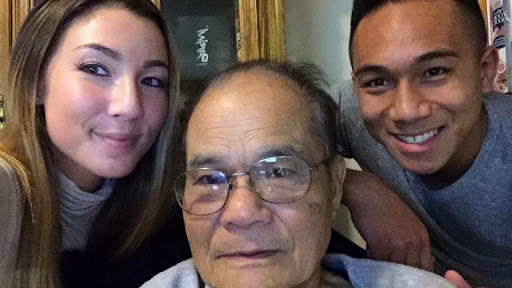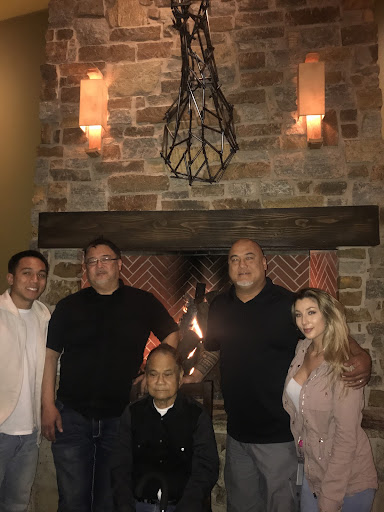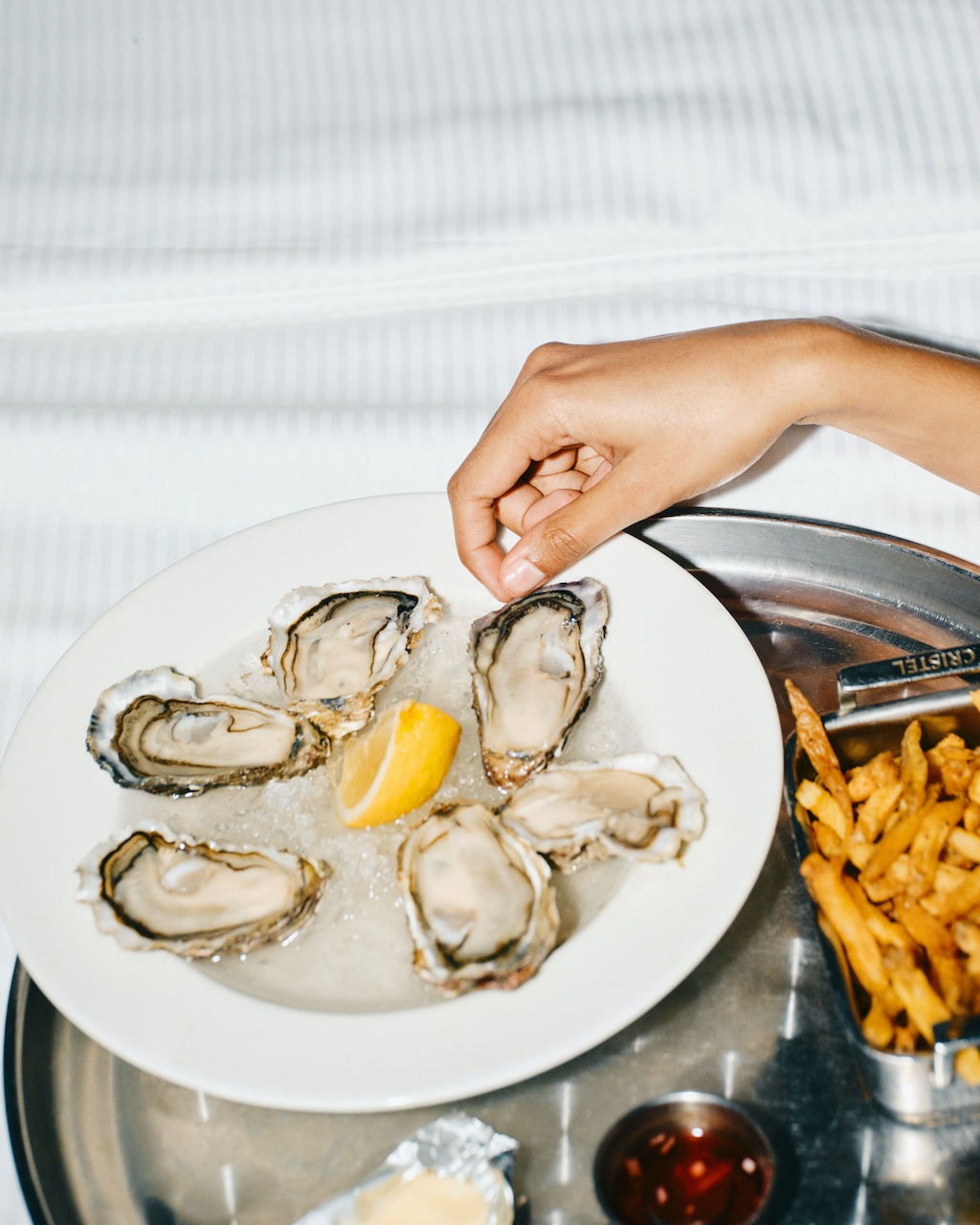
October is Filipino American History Month which means it’s time for a walk down memory lane to observe Filipino history in America. Ever since I became a cohost of The Filipino American Woman Project podcast, it’s been a tradition for me to facilitate or participate in at least one initiative to lift up the cultural narrative of the Pinay to celebrate this honorarium. With that said, I’m resurfacing this personal narrative essay I wrote for a digital history exhibit at the University of California, Davis a couple years ago.
Creating the digital exhibit
In October 2021, the Bulosan Center of UC Davis published a digital history exhibit for Filipino American History Month which featured the personal family narratives of twenty Filipino American families. Filipino American academics, media figures, and thought leaders came together to create a cohesive educational resource for the grade-school level curriculum that seeks to make Filipino American history more accessible to youth programs affiliated with the University of California, Davis.
This project gave me a unique opportunity to work collectively with my family to accurately craft a story representative of my grandfather’s migration experience from the Philippines to America and the life he and my grandmother created together in Vallejo, California in the 1970s. In doing so, my family was able to get an inside look into the impact this important work has on the Filipino American community. Personal narrative writing is the kind of writing I enjoy most, because it achieves two objectives I hold close to my heart: honoring my family’s legacy and creating educational resources for the larger Filipino American community.
Who was my lolo Ruping?

Ruperto Sayoc Dominguez, affectionately known by his family as ’Papa Ping’/‘Lolo Ruping’, served in the US Navy for twenty years in a capacity that wasn’t traditional for most Filipinos. Ruperto was originally from Imus, Philippines. After moving his family from one military base to the next, they settled in Vallejo, California in the 1970s. Their new locality would give way to a new life of economic opportunity for his wife, Edna, and three sons, Angelo, Lorenzo, and Michael Dominguez. As a naval officer, Ruperto was trained as a machinist who made parts for submarines and other warships. After retiring, he would continue his vocation working on a team at Mare Island that sent him all around the world to repair nuclear submarines.
The Filipino American experience

Like many Filipinos who gained US citizenship by enlisting, Papa Ping saw this chance for a new life in America as an opportunity to escape what he referred to as a stagnant and corrupt life in the province back home in the Philippines. As a result, he vowed to make the most of it and change the trajectory of his family lineage forever. Although doing so came with costs, like spending long periods of time away from his family and later suffering from undiagnosed PTSD, serving allowed him to expand generational horizons. Papa was able to raise his sons as Filipino Americans, a sought-after social status considered privileged to those back home in the islands, and exposed them to social and economic freedoms he never would have dreamed of.
He also extended the same gesture to many family members back home. Leading a simple lifestyle for himself, he used his financial resources to support his relatives in the Philippines in migrating to America alongside him. To that end, he sponsored travel, cost of living, and educational expenses for several of his cousins, nieces, and nephews.
Papa Ping’s legacy

Papa Ping’s acts of generosity and palpable dedication to his family were how he taught us how to love. He passed away in November of 2018, but the tone he set has already reverberated across generations. The Utang Na Loob (the Filipino psychological term referred to in English as ‘debt of will’) we demonstrate to each other as a family keeps his spirit alive today and every day. Because of his example, I have an unwavering connection to my Filipina identity and can teach my son through my decisions and behavior what it means to embody the root of Papa Ping’s essence: walang iwanan (English meaning: nobody gets left behind).
Similar to Papa, I center a “family style” dynamic in everything I do, wherever I find myself in the world. And just like him, I use the resources available to me to ensure my family and community are taken care of; and that nobody gets left behind.
Celebrating Filipino American History Month 2023
Join my cohost, Jen Amos, and me in our online community platform to find more information on how we’re celebrating FAHM in 2023.















3 responses to “A Personal Narrative About Filipino History In America: Remembering My Lolo Ruping”
fantastic publish, very informative. I’m wondering why the other experts of this sector don’t
realize this. You must proceed your writing. I’m sure, you have
a huge readers’ base already!
whoah this weblog is fantastic i like reading your posts.
Keep up the good work! You know, many individuals are searching round
for this info, you could aid them greatly.
I always emailed this webpage post page to all my friends,
since if like to read it afterward my friends will too.